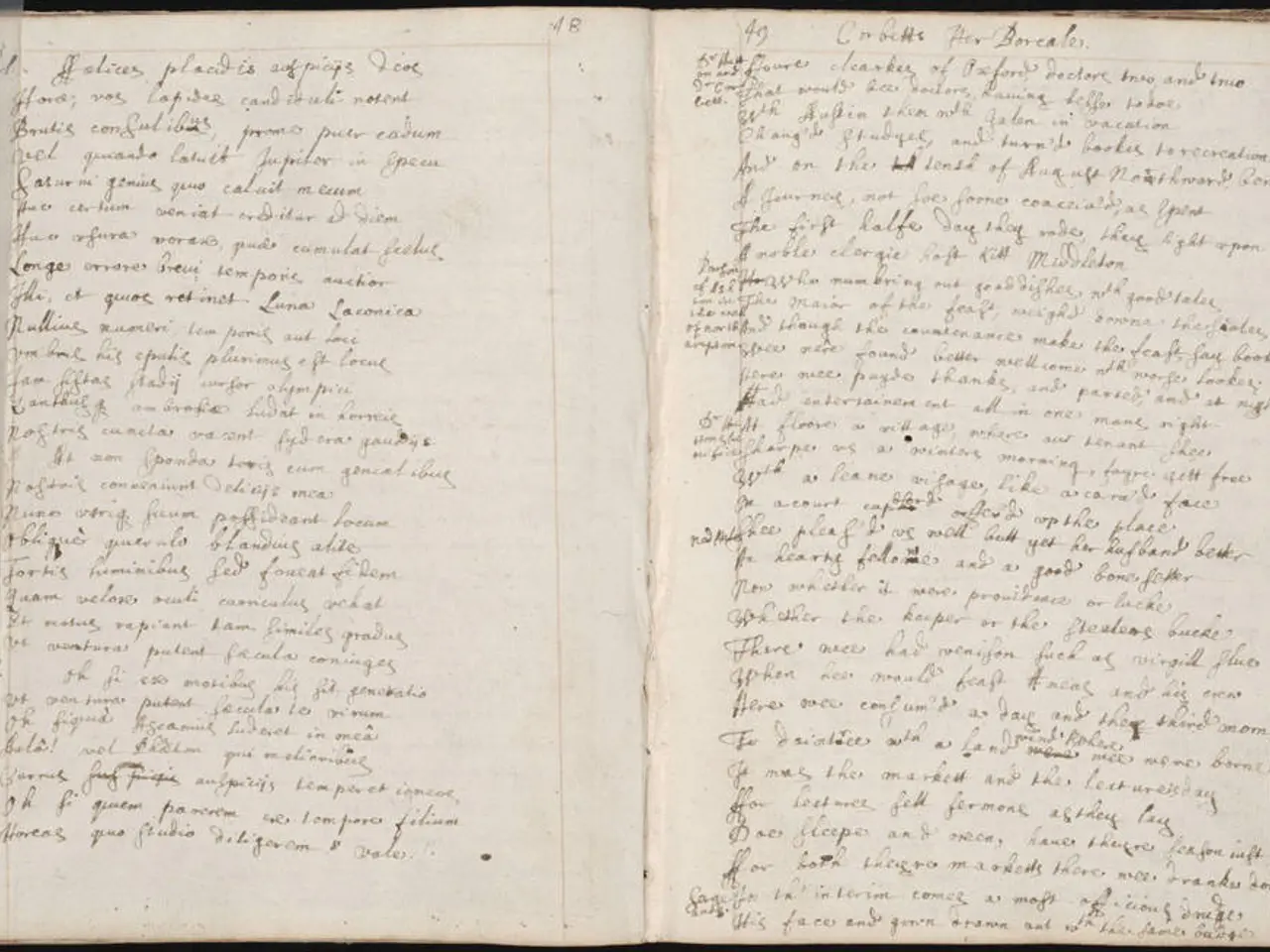Ancient Greek Medicine: Influences, Traditions, and Practices
The theory of humours, developed by ancient Greek physicians like Hippocrates and refined by Galen, significantly influenced medical practice for centuries. This theory posited that the body contained four fluid-like substances—blood, phlegm, yellow bile, and black bile—whose balance was crucial for health. Imbalances were believed to cause disease, and treatments like bloodletting were used to restore balance[1][3].
### A Holistic Approach Evolves
The humoral theory promoted a holistic approach to medicine, considering diet, environment, and lifestyle in diagnosis and treatment. This emphasis on comprehensive care has evolved into modern preventative and integrative medicine[2]. Although Galen's emphasis on visual and non-verbal diagnostic cues was performative, it underscored the importance of observing patients closely. Modern medicine still relies on these skills, though they are now supplemented by advanced diagnostic tools[4].
### The Decline of the Humoral Theory
The theory of humours began to lose credibility in the late 18th and early 19th centuries as scientific discoveries and the rise of modern medical research challenged its validity. Key factors contributing to its decline include anatomical discoveries, particularly the discovery of the circulatory system by William Harvey in 1628, the development of the scientific method and controlled experiments, and the germ theory of disease, established by Louis Pasteur and Robert Koch in the late 19th century[5].
By the mid-19th century, the humoral theory had largely been replaced by more evidence-based medical practices. However, the legacy of ancient Greek medicine remains evident in modern medical terminology, with words like acute, chronic, crisis, epidemic, endemic, and convalescence still in use[6].
### The Pioneers of Ancient Greek Medicine
Greek doctors, such as Alcmaeon, who lived around 500 BCE and worked at the medical school in Cnidus, and Hippocrates of Kos, who lived from 460-370 BCE, made major contributions to medicine that persist today. Hippocrates, known as "the father of medicine," was the most famous and important medical figure in ancient Greece[7]. Greek doctors used diagnostic methods similar to those in use today, carrying out clinical observations and thorough physical examinations[8].
### The Impact of Greek Culture on Medicine
The ancient Greeks set up an early medical school in Cnidus in 700 BCE, where they began practicing observing patients who were sick[9]. The Olympic Games, which began in ancient Greece, raised the need for people to keep healthy in order to promote fitness and prevent injury[10]. Greek doctors also recommended music and theater as therapies for mental and physical illness, reflecting the Greeks' broader cultural interest in poetry, public debates, politics, architecture, sculpture, comedy, and drama[11].
Despite the limitations in their understanding of infection, believing that pus was useful for removing toxins from the body, Greek doctors prescribed natural remedies, believing that nature was the best healer[12]. Greek doctors turned from relying on divine intervention to practical, natural solutions, a shift that continues to influence modern medicine today[13].
References: [1] https://www.britannica.com/topic/humoral-theory [2] https://www.ncbi.nlm.nih.gov/pmc/articles/PMC1285037/ [3] https://www.historyofvaccines.org/content/articles/ancient-greek-medicine [4] https://www.ncbi.nlm.nih.gov/pmc/articles/PMC2660455/ [5] https://www.britannica.com/topic/humoral-theory/Decline-of-the-humoral-theory [6] https://www.merriam-webster.com/dictionary/medicine [7] https://www.britannica.com/biography/Hippocrates [8] https://www.historyofvaccines.org/content/articles/ancient-greek-medicine [9] https://www.britannica.com/topic/Cnidus [10] https://www.britannica.com/topic/Olympic-Games [11] https://www.britannica.com/topic/Greek-culture [12] https://www.britannica.com/topic/Greek-medicine [13] https://www.britannica.com/topic/Greek-medicine/The-rise-of-rationalism [14] https://www.britannica.com/topic/Greek-medicine/Military-medicine
- In the realm of health-and-wellness and education-and-self-development, the predictive science of today may delve into the aspects of bipolar depression, much in the same way ancient Greek physicians, such as Hippocrates, explored imbalances within the humors to predict and treat various diseases.
- As we delve deeper into the science of depression, the ancient holistic approach, which considered diet, environment, and lifestyle in diagnosis and treatment, might serve as a valuable guiding principle, providing a broader perspective, akin to an integrated approach in medicine today.
- In modern health-and-wellness discussions, focusing on aq (a shortened term for "aquaporins," water channels in cell membranes) can offer insights into ancient Greek medicine's emphasis on maintaining the balance of bodily fluids, furthering our understanding of both health and disease.




